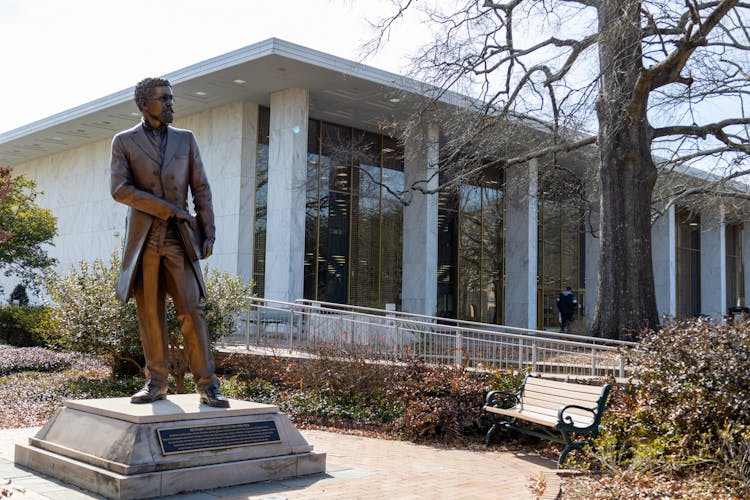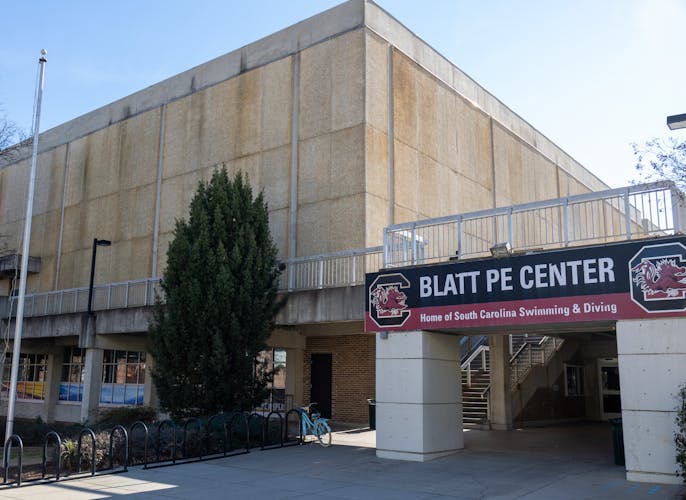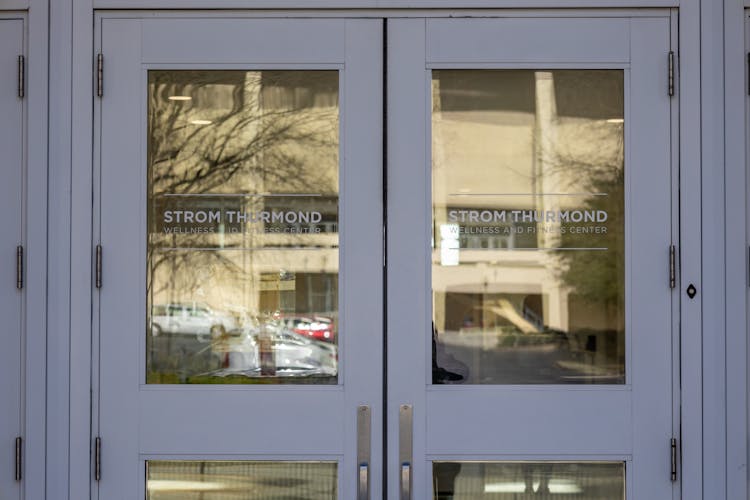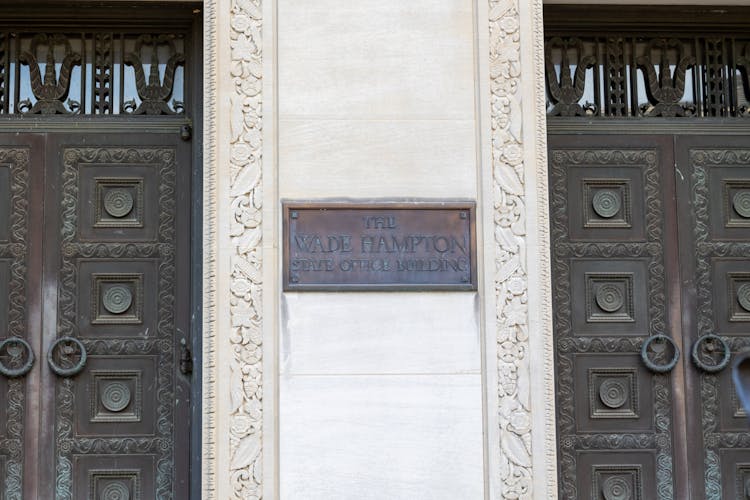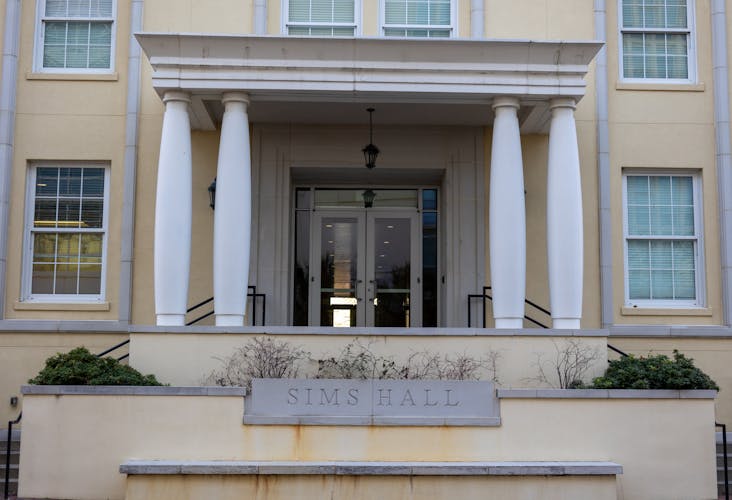In 2021, the NAACP chapter hosted a press conference where students gathered to protest the controversial names of buildings. In 2023, students like fourth-year broadcast student Courtney McClain are still continuing the fight.
Since the movement to rename controversial buildings at USC began, the university has no plans to rename several buildings on campus named after controversial figures.
"There have been no changes that would allow for renaming of buildings," USC spokesperson Jeff Stensland said. "The board is focused on renaming for future buildings."
The Heritage Act was created in 2000 as a response to renaming efforts of certain buildings and statues associated with the Confederacy. Originally, the law required a two-thirds supermajority of the state legislature to rename a historical building or monument, but a review by the South Carolina Supreme Court reduced the standard to a simple majority vote.
Political science professor Joshua Meyer-Gutbrod explains that the “school’s hands are somewhat tied” since USC is a state institution. If the university tried to override the state legislature, it could potentially lose state funding.
In 2019, the Presidential Commission on University History was formed to review building names, research various groups that had not been included in university history properly and share the commission's work in an educational way.
After the commission published its final report with recommendations on what names to remove, the next step was to work with the state legislature. However, an article published by The State in late 2021 alleged that the commission never intended to speak with state legislature about getting these names removed.
Elizabeth West, the university archivist and co-chair of the commission, said that moving forward, the school would be focusing on the names of future campus buildings and other issues in the commission’s report that don’t involve renaming.
“I know that the names on the buildings continue to be a source of frustration for a lot of people, and that unfortunately is not something, like I said before, that we can tackle ourselves with this group,” West said.

An implementation group was created after the final report of the commission was published. They will take the list of names recommended by the commission and begin planning to use them for the names of future buildings.The group will also work on different educational resources to help people learn more about the university's history.
Last year, the university announced that 650 Lincoln will be renamed after Celia Dial Saxon who was an activist and graduate of USC. They also have a statue in the works to honor when the school was desegregated in 1963.
While the implementation group will continue to work on other issues aside from building renaming, many students are still looking for larger change.
McClain has been working with students at other colleges and high schools around the state to compile a database of all the buildings and monuments that need to be changed.
The database includes buildings from USC, Clemson, Winthrop, and several high schools throughout the state.
After gathering all the names recommended for removal, McClain will put together a resolution for NAACP to send this information to state legislators.
With several schools coming together to create a statewide movement, McClain believes that they “will have a lot more power as opposed to all of us having the same goal but doing it in different ways.”
As she enters her last semester at USC, McClain says she is going to continue to fight for change regardless of the lack of progress involving renaming.
“I’m not going to let that dissuade me at all. If anything, it’s more fire that I need to put more pressure on it while I’m here,” McClain said.
Moving forward, McClain wants to encourage others to get involved by joining campus organizations and movements, creating petitionsand speaking to professionals, as well as professors, about what can be done to help.
Considering that the renaming process depends upon on the state legislature, one of the more effective ways to try and get the Heritage Act repealed is to vote.
“It’s not up to the university at this point, it’s up to the voters,” Meyer-Gutbrod said.


